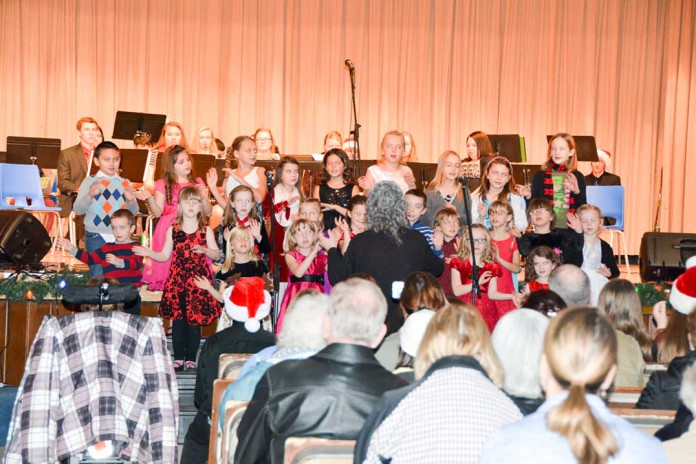Canada has its own internal refugee problem
To the Expositor:
December 6 was the anniversary date of the serial killing of women at the Ecole Polytechnique in Montreal. Sixteen years ago, a 25-year-old man shot 28 people and killed 14 women. Then he turned the gun on himself and committed suicide.
In Canada in 2015, there are nearly 1,200 murdered and missing indigenous women. A public inquiry has been called for, and has been promised. What needs to be made clear is the purpose of the inquiry. Will it bring back the murdered and missing? No. Will the abusers and murderers be found, caught, and arrested? Not likely as a result of an inquiry. Will peace and harmony be restored to the families of the murdered and missing indigenous women as a result of an inquiry? Not likely. Will there be changes to the way murders and missing are investigated as a result? Maybe. Will it stop the murderers and abusers from continuing to murder and abuse? No. What ought to happen as results of an inquiry are improved policies for investigating the abuse and murder of women. What ought to happen is a societal change in the way that Canadians view females, particularly indigenous females. What ought to happen is a change in the Canadian polity, in an organized Canadian society, so that any female can walk unimpeded in any community in Canada without fear of being accosted, sworn at, assaulted, threatened, cat-called at or murdered.
Across the way in the United States, police officers get away with shooting black people. The police organizations investigate themselves for their officers’ wrong-doing and basically exonerate themselves. Sort of like asking the fox to look after the chicken coop. But then, black people are organizing themselves, gaining allies, and protesting loudly about the police getting away with murder. And then Donald Trump goes and says, “All lives matter,” forgetting that wealthy, old white men have extra layers of protection when it comes to personal security. Black people are doing the right thing by protesting loudly and long. If wrongdoing is committed, and no one says anything about it, or does anything about it, the silent ones are just as guilty of committing wrong.
Then there are the refugees. Canada has promised to bring in 25,000 refugees by the end of this year. They’ll be going to Canada’s major cities, like Montreal and Toronto. Has anyone asked First Nations people if this is okay? In the citizenship preparation courses that these people are required to take before becoming citizens, are there any teachings provided to them about whose land they are really entering? Has anyone told them that there are original peoples who have been here since “time immemorial?” Has anyone told them whose ancestral traditional territories they will be living on? Is anyone going to teach them about indigenous histories, cultures, customs, and traditions? Is anyone going to tell them how many indigenous languages there still are?
Everyone conveniently forgets that Canada has its own internal refugee problem. It has names, too, like wrongful evictions, loss of indigenous women’s rights to indigenous lands, homelessness and elder abuse. Why is it “normal” to evict indigenous women from our own homeland? Why do the “powers-that-be” turn a blind eye to the homelessness in our own back yard? Why are our “esteemed leaders” willfully blind to elder abuse, violence against indigenous women and domestic violence? Why is it okay to turn a female Anishinaabe elder out of her own home? Why is it okay for Whitefish River’s council to suggest that a homeless female elder “go and rent something in town?” Since when do indigenous females have fewer rights than anyone else?
CBC News has suspended the comments section on stories about indigenous people because of the disproportionate number of hate messages and personal attacks against indigenous people. These kinds of comments violate CBC guidelines. CBC News has made efforts to connect with indigenous communities to better reflect the realities of these communities to a national audience.
Idle no more? How about silent no more?
Marie McGregor Pitawanakwat
Whitefish River First Nation




